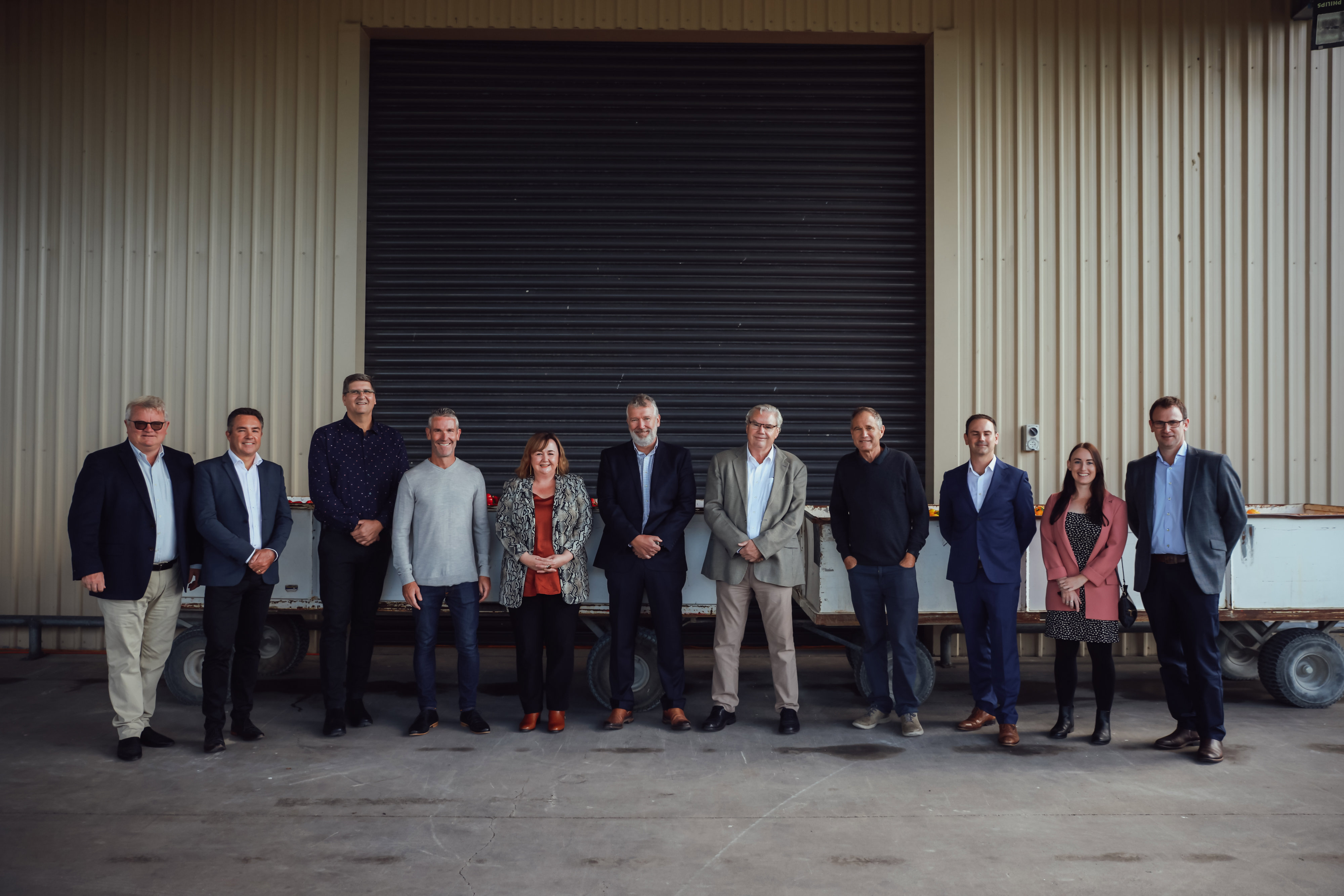DB Breweries is in line for a cumulative emissions reduction of over 30%* after receiving approval for co-funding from Government for a new industrial high-temperature hot water heat pump. The new high-tech equipment will be in place by the end of 2023 and will use electricity to produce hot water, allowing the brewer to decrease reliance on natural gas and reduce emissions equivalent to taking about 2,643 return flights between Queenstown and Auckland each year.
The Minister of Energy and Resources Dr Megan Woods made the announcement today as part of the Government Investment in Decarbonising Industry (GIDI) fund. The GIDI fund, which will cover approximately 12% of the total project cost, was established by the Government as part of the Covid Response and Recovery Fund, which aims to drive economic stimulus and job creation through decarbonisation projects. It is administered by EECA (The Energy Efficiency & Conservation Authority).
Matt Wilson, Managing Director at DB Breweries, says: “Collaboration is vital as New Zealand moves towards a lower carbon future. We are thrilled to have successfully applied for funding from the Government’s GIDI Fund as we take an important step in decarbonising our Waitematā site and continue moving towards operating fully carbon neutral breweries by 2030.’’
“To achieve these ambitious goals we’re making significant investments in switching to renewable energy options, with clean sources of process heat the highest priority on our list. In 2020, process heat accounted for almost 70% of DB’s carbon footprint, including steam derived from coal at our Timaru brewery, and from use of natural gas at our largest site, Waitematā Brewery.”
“We’ve already implemented a biomass solution in Timaru which removed the use of coal and reduced thermal energy emissions by 98%, decreasing DB’s total carbon footprint by 28%. Now, we’re focussed on the transition from natural gas to renewable solutions at our Waitematā Brewery, which is the largest remaining contributor to our carbon footprint, making up approximately 40% of DB’s total residual emissions,” says Wilson.
“After not being able to apply for support for the switch to biomass in Timaru, we are very pleased to have been successful in this round of GIDI co-funding, which covers approximately 12% of this project,” says Wilson.
While industrial high-temperature hot water heat pumps are an established and commercially available technology in many parts of the world, they are relatively rare in the food and beverage (and brewing) industries in New Zealand, and present huge potential to help accelerate the decarbonisation of industrial process heat locally. Set to be installed at DB’s largest site, the new heat pump at Waitematā Brewery will be one of the largest industrial heat pumps of this size in New Zealand, and will decrease DB’s annual natural gas use by approximately 30,000 GJ, this is equivalent to the energy used by about 450 average New Zealand households each year.


